August 15, 2022 | Anthony Okoth
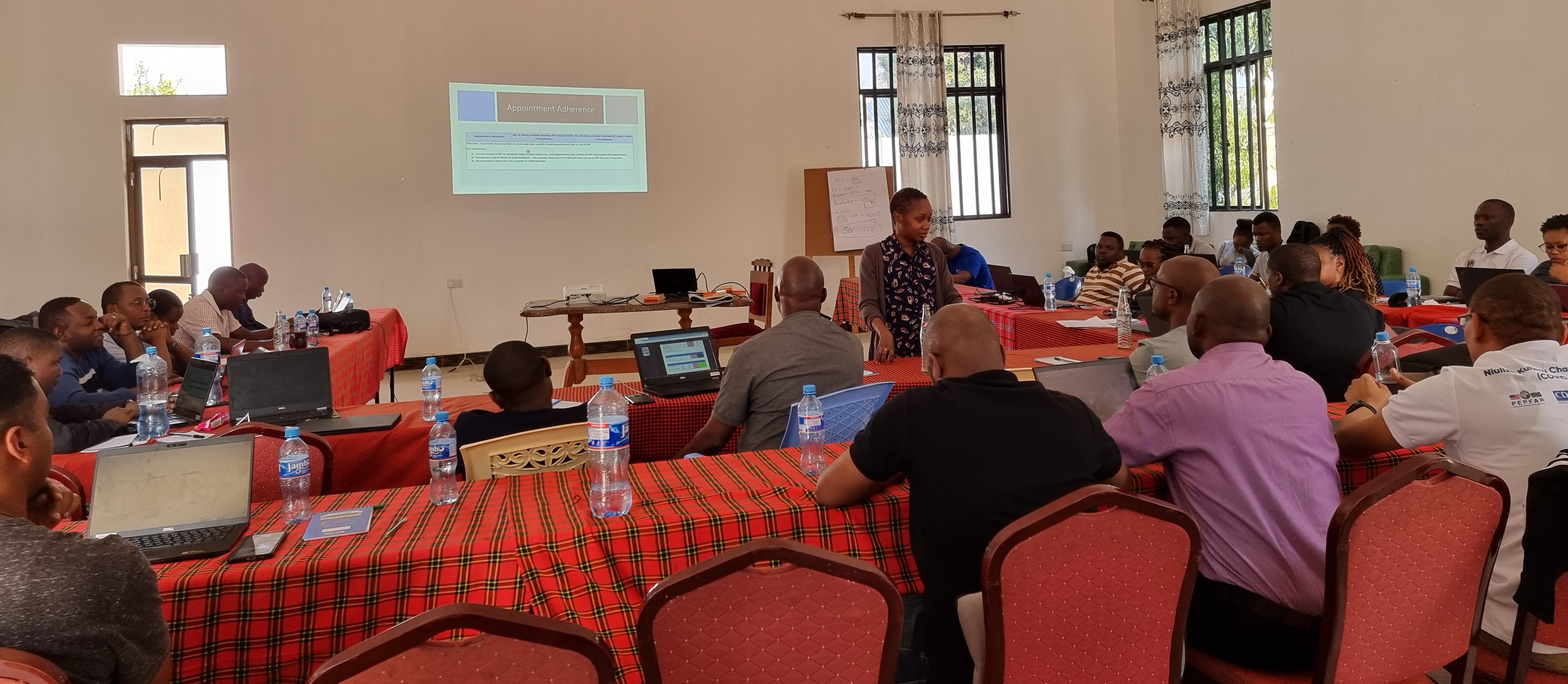
There have been significant gains made in the fight against HIV over the years. However, the gap between these achievements and ending the HIV epidemic remains very wide. The fast-track approach is an agenda for quickening the pace of implementation, focus, and change when it comes to HIV testing, treatment, and viral suppression. The key elements of this are the UNAIDS-driven 90–90–90 targets set for 2020 which have been scaled up to achieve 95-95-95 targets by 2030. These targets refer to the percentages of people living with HIV who know their HIV status, the proportion who know their status receiving treatment, and people on HIV treatment who have a suppressed viral load so their immune system remains strong and the likelihood of their infection being passed on is greatly reduced, respectively.
Adopting Continuous Quality Improvement (CQI) processes is an approach for accelerating progress towards attainment of the 95-95-95 global HIV targets. The University of Maryland, Baltimore’s (UMB) CIHEB-Tanzania held a CQI indicators workshop in Tabora led by their trainers. At the workshop, which was tailored for a local partner, Management and Development for Health (MDH), the trainers took the MDH technical team through the CQI training. Previously MDH staff in Dar es Salaam, Geita, and Kagera regions had received similar training.
The CQI methodology UMB works with local partners to implement involves four main steps: plan, do, study, act. It encourages all health care team members to continuously ask: “How are we doing?” and “Can we do it better?” CQI can be considered an integral part of performance management, as it encompasses the long-term evaluation of programs to ensure that they meet goals.
Knowledge on CQI indicators helps program staff to review performance, perform course correction, try new strategies, and improve the quality of HIV service delivery in health facilities. Through consistent use of CQI, organizations and healthcare workers can monitor innovations and programmes for effectiveness. This results in stopping what does not work and scaling up what has proven to work. By checking each step taken, healthcare workers can ensure that services are people-centered and meet international standards. These all result in reduced burden on strained health systems and extension of the reach of quality HIV and TB services offered to Tanzanians.
The CQI indicators training aims to orient the implementing partners in understanding the PEPFAR monthly CQI indicators used for performance monitoring.
Contact
Center for International Health, Education, and Biosecurity
Institute of Human Virology
Anthony Okoth
Regional Communications Specialist
Related stories
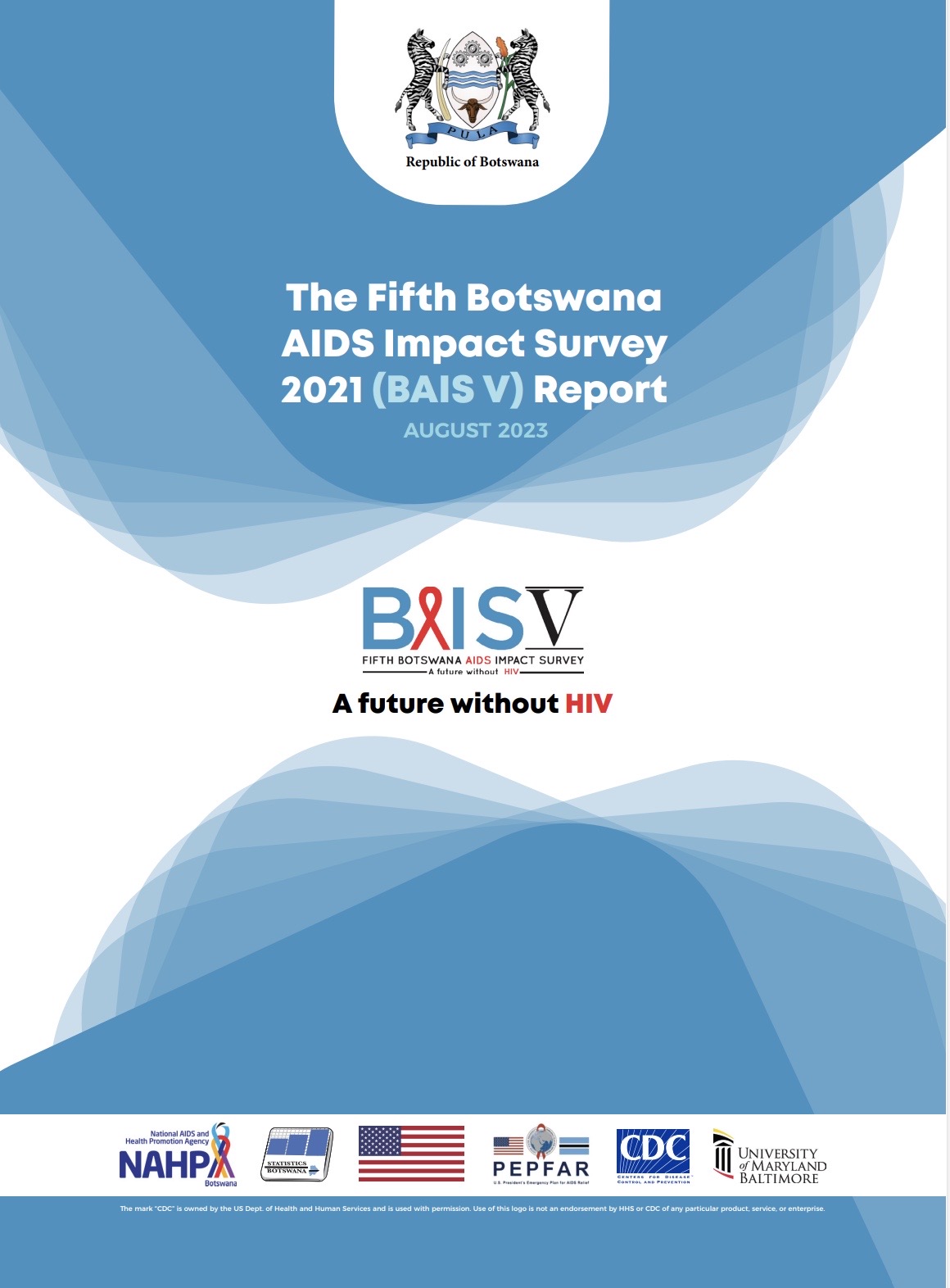
Tuesday, September 19, 2023
BAIS V Report Launched
The Fifth Botswana AIDS Impact Survey (BAIS V) Report 2021 is a nationally representative household-based survey conducted between March and August 2021. Its main aim was to provide information on national and district-level progress towards achieving key HIV targets.
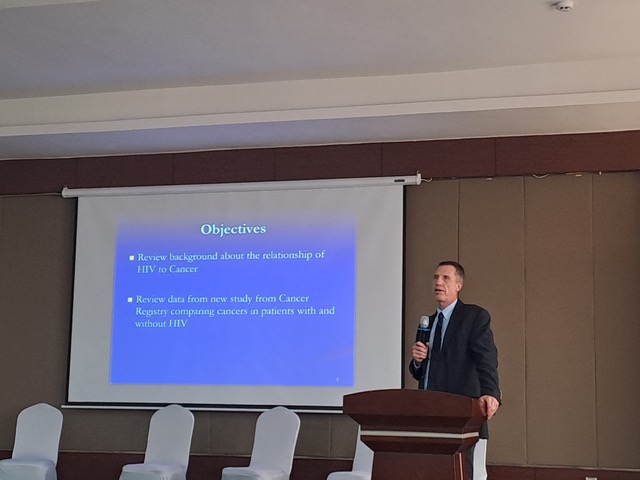
Monday, August 14, 2023
Ciheb Rwanda Takes Part in Cancer Prevention and Control Stakeholders’ Review Workshop
The primary goal of this workshop was to share the advancements made in the implementation of the National Cancer Control Program (NCCP), cancer registry data, and research dissemination. Additionally, the participants discussed challenges and devised joint plans to accelerate cancer prevention and management efforts in Rwanda.
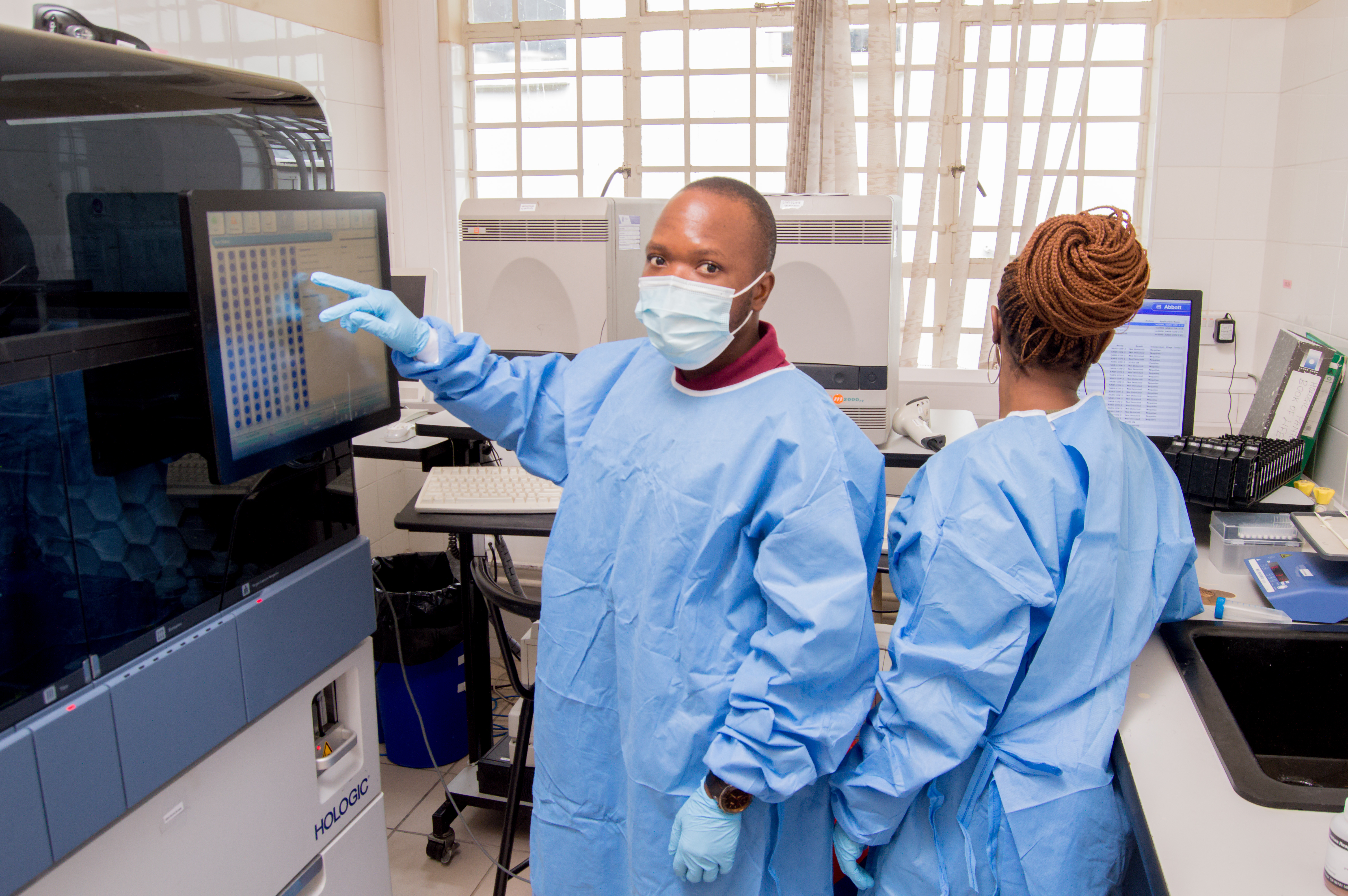
Friday, July 14, 2023
Addressing Unprocessed HIV Viral Load Samples Backlog in Malawi
The health sector in Malawi was faced with a pressing backlog issue of unprocessed HIV viral load samples. These had accumulated due to reagent stockouts and persistent power outages in the country.

Friday, July 07, 2023
The Intersection of Non-Communicable Diseases and HIV: Opportunities for Botswana to Lead the Response
For a country like Botswana with a high HIV burden, integration of healthcare services is vital to provide comprehensive interventions. Lifestyle factors such as tobacco smoking, alcohol use, unhealthy diet, and physical inactivity heighten the risk of developing NCDs for people living with HIV.

Friday, July 07, 2023
BSMART Study Launch: Combating Smoking Among HIV-Positive Individuals In Botswana
BSMART focuses on identifying effective interventions for HIV-positive individuals who smoke. The launch of the BSMART Study signifies a significant step forward in tackling tobacco use among HIV-positive individuals in Botswana.
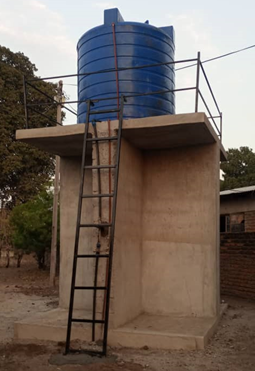
Friday, December 09, 2022
Ciheb Malawi Donates Equipment to Districts
University of Maryland Baltimore's (UMB) Ciheb Malawi recently donated water tanks, solar batteries, and computers to districts in Malawi for lab improvement. Laboratories are crucial to timely and quality health services not only for those living with HIV but also prevention of HIV infection. It is essential to ensure that laboratories and laboratory staff are well-equipped and well-trained to deliver services.
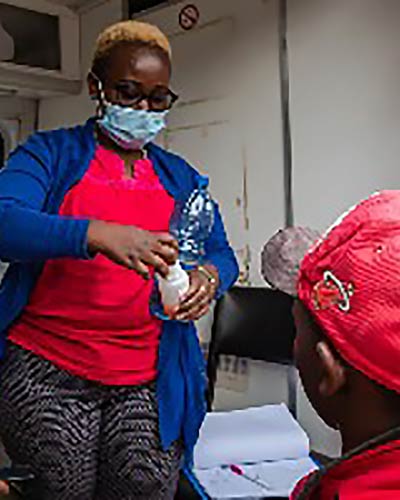
Monday, October 03, 2022
Medically Assisted Therapy Clinic in Kenya Empowers Women
In Nairobi, Ciheb’s PACT Endeleza program, with the assistance of the University of Maryland, Baltimore, and Nairobi City County, established medically assisted therapy (MAT) clinics to reduce the spread of HIV among people who inject drugs (PWID) and provide opioid substitution therapy (OST). These clinics in Mathari and Ngara were established with funding from the President’s Emergency Plan for AIDS relief through the U.S. Centers for Disease Control and Prevention.
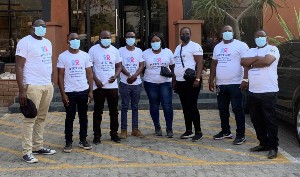
Tuesday, September 20, 2022
National HIV Testing, Counselling, and Treatment Day in Zambia
Zambia remains one of the countries that the HIV and AIDS epidemic hard hit. These factors necessitate spreading awareness of the importance of testing and treatment among Zambians.
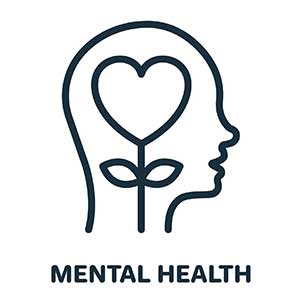
Tuesday, September 20, 2022
Caring for the Caregivers: Mental Health and Healthcare Workers in Kenya
Ciheb Kenya's CONNECT program held a two-day mental health workshop in Nairobi, Kenya. At the workshop, which was tailored for health management teams, facilitators expounded on the importance of good mental hygiene for healthcare workers.
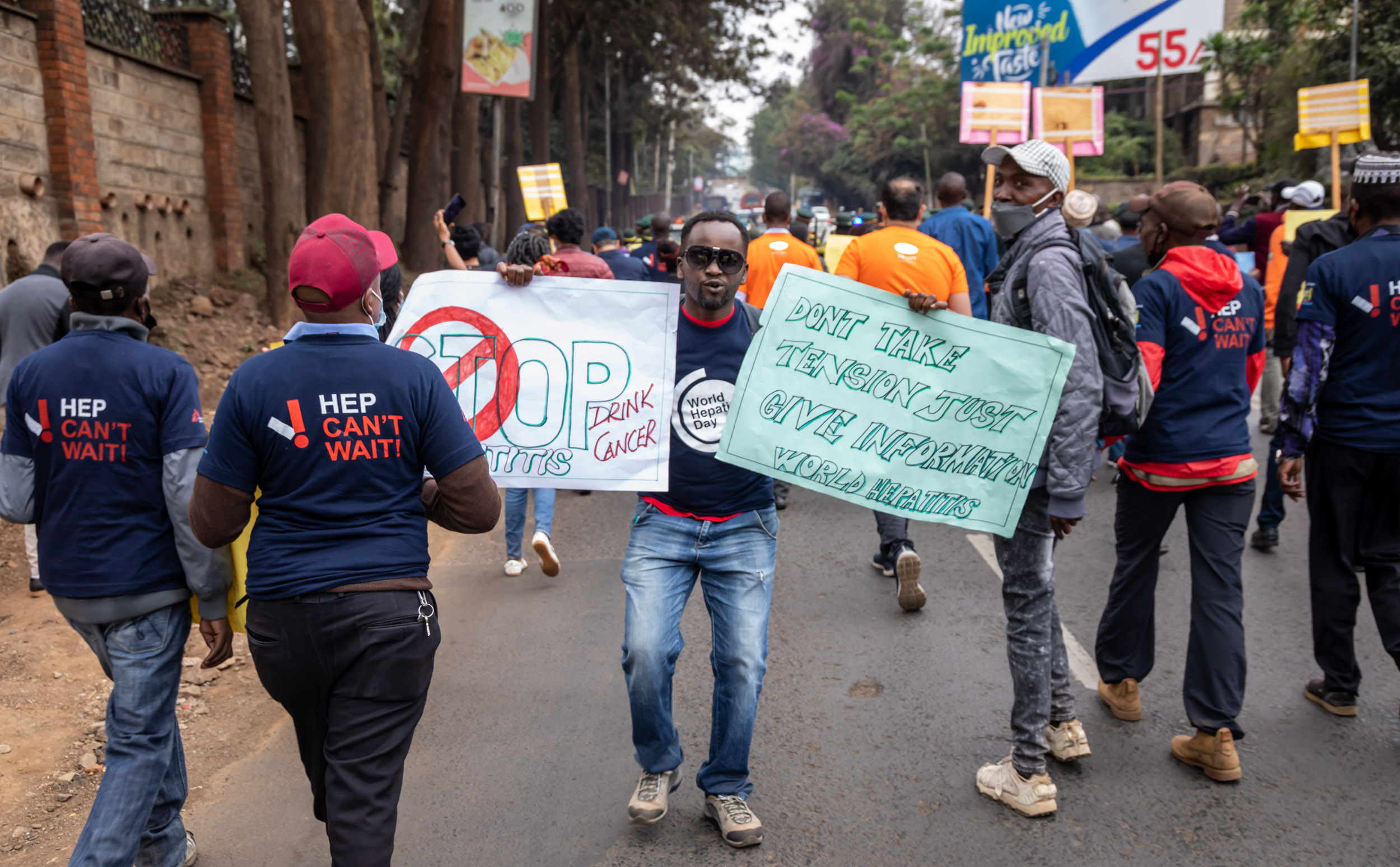
Monday, August 29, 2022
Kenya Celebrates World Hepatitis Day
Hepatitis A, B, and C are the most common of the viral hepatitis in Africa, with the African region accounting for 26% of the global burden for hepatitis B and Cin 2020.
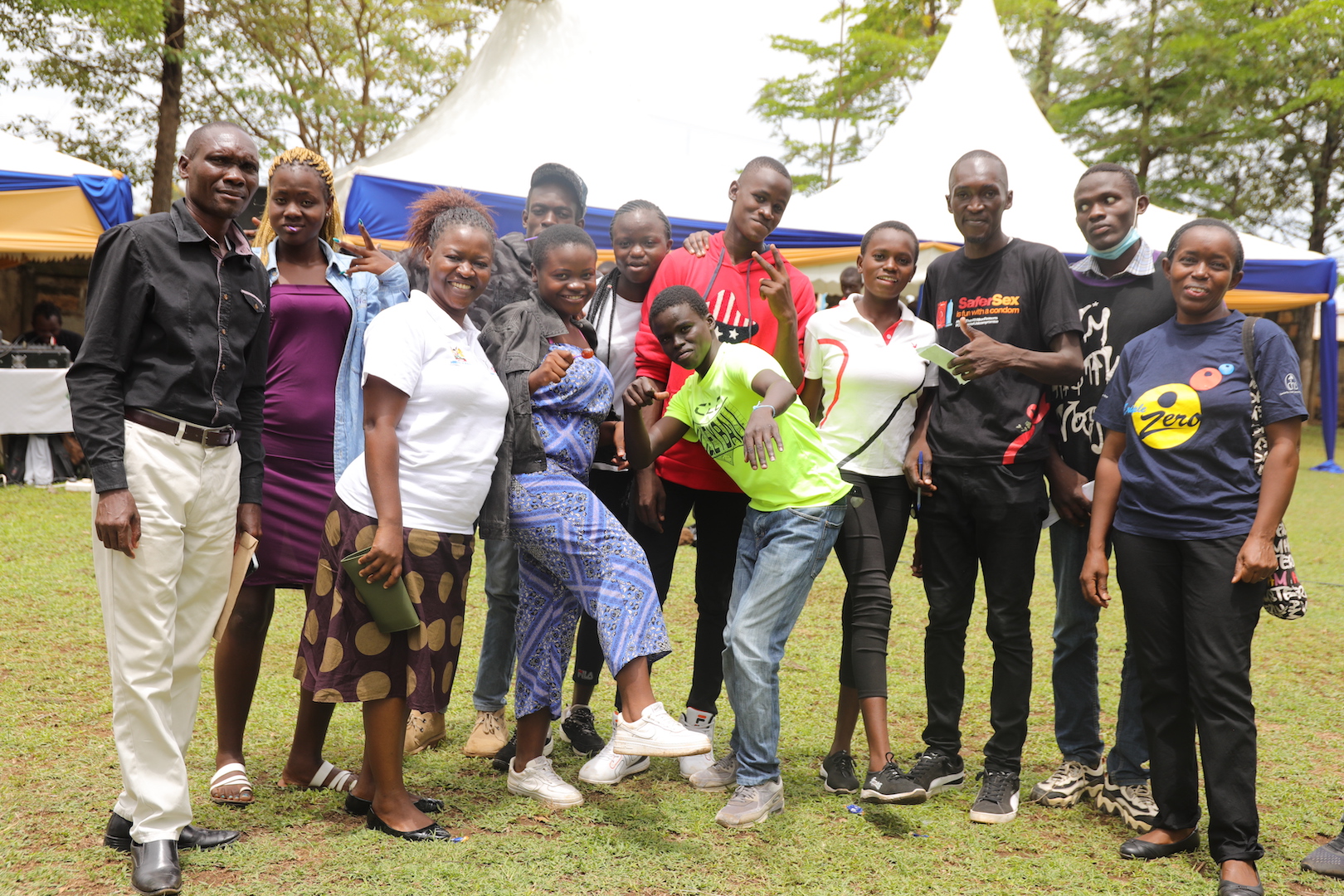
Monday, July 18, 2022
Operation Triple Zero Fun Days Held in Kenya
The OTZ Day participants, drawn from facilities within the counties, presented dances and skits themed on adherence to clinical appointments, medication, and viral suppression.
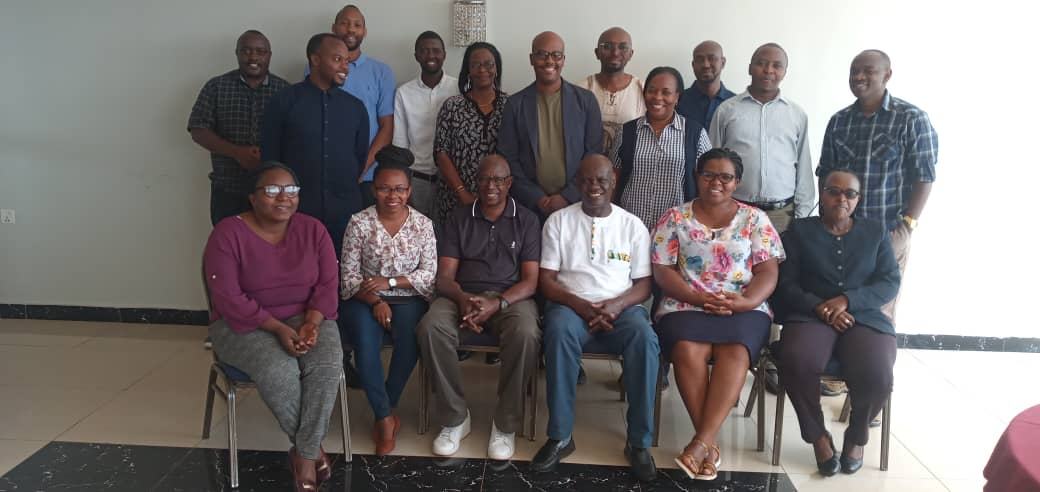
Friday, July 15, 2022
Rwanda takes part in One Health Multi-Sectoral Coordination Mechanism
The One Health approach presents an opportunity for stakeholders, including UMB’s Ciheb Rwanda, to contribute to the management of public health challenges.
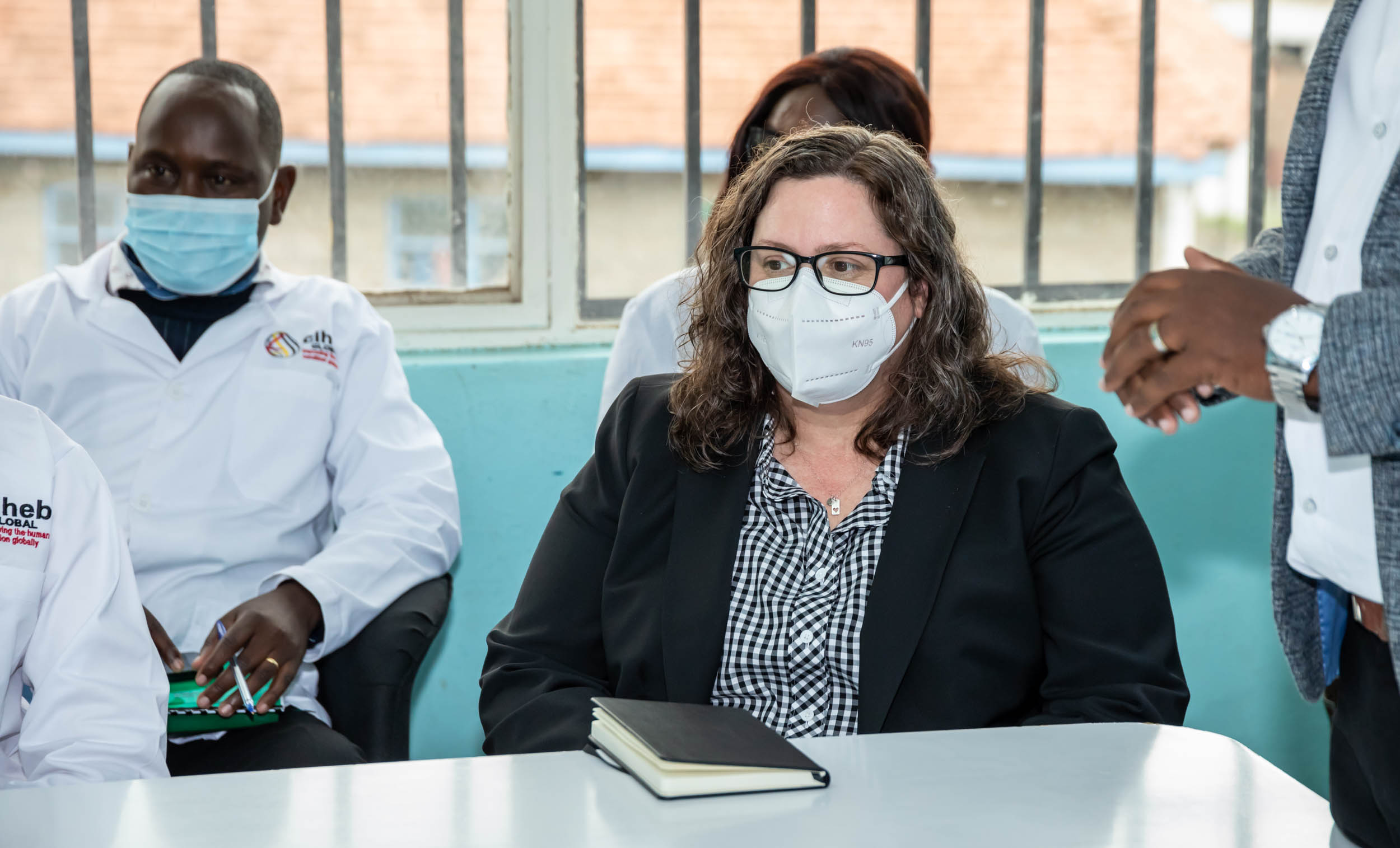
Friday, July 15, 2022
Ciheb Leadership Visits Nairobi Centers of Excellence
Dr. Kristen Stafford, Associate Professor at the University of Maryland, Baltimore (UMB) and Deputy Director of Ciheb Global, visited the Nairobi Centers of Excellence on a week-long tour in May 2022.
Tuesday, May 03, 2022
Training on Data Use for HIV Program Management in Nigeria
To build the capacity of the UMB Surge staff to better perform their roles – presenting data with enhanced clarity for decision-making – the Center for International Health, Education, and Biosecurity (Ciheb) Nigeria conducted a 5-day training workshop from March 14 to 18 in Lagos, Nigeria.
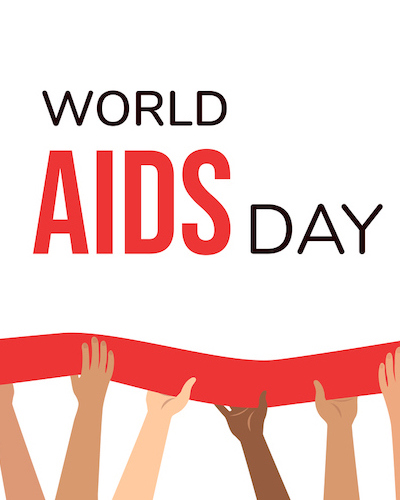
Tuesday, November 30, 2021
Celebrating World AIDS Day 2021
This World AIDS Day, December 1, UNAIDS is focusing on the HIV/AIDS epidemic in the context of intersectional global health and societal challenges. This year's theme — "End Inequalities. End AIDS. End Pandemics." — brings attention to the inequalities that are hindering progress in AIDS and COVID-19 pandemics.
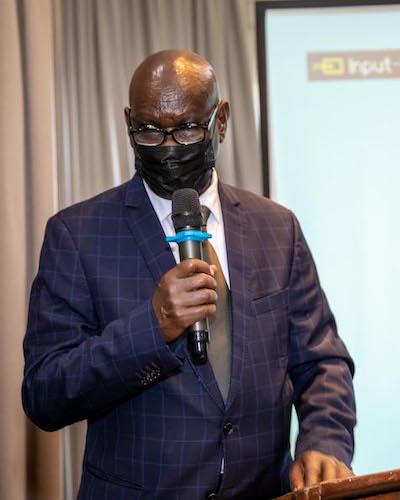
Friday, November 19, 2021
Stakeholders Celebrate IMAKAZA’s Contributions to HIV Services in Rwanda
At the closeout workshop for the IMAKAZA project in November, Ciheb Rwanda and project stakeholders recognized IMAKAZA’s numerous accomplishments in HIV programming.

Wednesday, September 01, 2021
Reducing Mother-to-Child Transmission of HIV in Rwanda
An ongoing Ciheb Rwanda partnership with UNICEF is tapping into Ciheb’s expertise in continuous quality improvement (CQI) to design strategies and interventions to reduce mother-to-child transmission of HIV at 18 healthcare facilities in the capital city of Kigali.
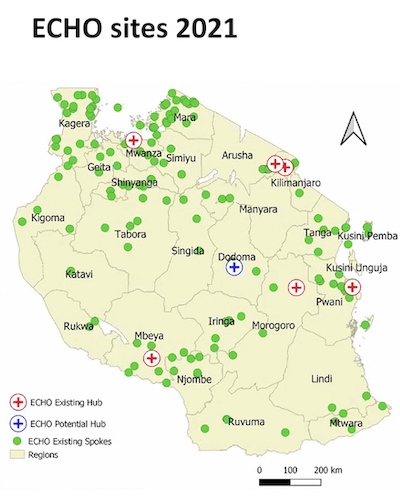
Tuesday, August 31, 2021
Ciheb Leads Nationwide Expansion of HIV Technical Assistance in Tanzania
HIV care and treatment has been improving globally, and incredible progress in reducing transmission has been made. But how do global health programs ensure that practitioners in remote areas are aware of the latest advances so that their patients can also enjoy the benefits of such advances? Tanzania offers an example on the way forward.

